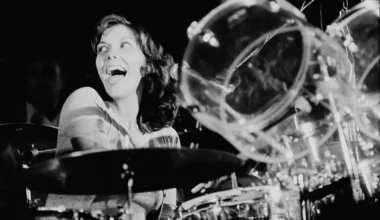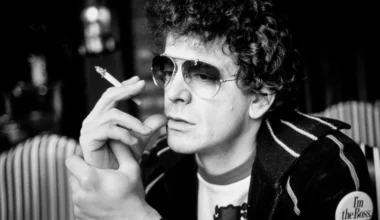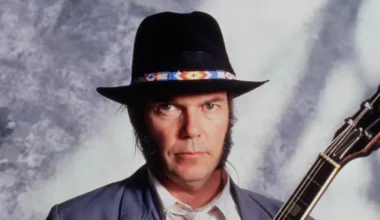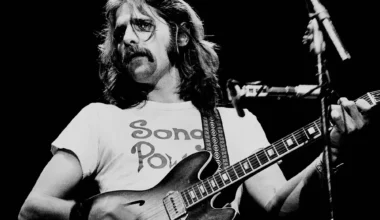Peter Gabriel’s life and career are an undeniable testament to his brilliance. Peter Gabriel rose to prominence as the frontman of prog-rock icon Genesis but left the band in 1975. He launched a remarkably successful solo career that began with the unforgettable single “Solsbury Hill.”
Among Gabriel’s impressive discography, the multi-platinum 1986 release So remains one of his most acclaimed and best-selling albums. This album featured chart-topping hits such as “Sledgehammer,” “In Your Eyes,” and “Don’t Give Up.” It cemented his reputation as a one-of-a-kind artist and cemented his place among the all-time greats.
Gabriel created fleeting, serene compositions during his time with Genesis. However, it was during his solo journey that he truly blossomed as an artist. Here, he reveled in his newfound freedom to experiment with a wide range of influences. He created intricate sonic landscapes that were notably progressive for their time.
Us, his sixth studio album, was released in 1992, and it was one of his most personal works. This came after a turbulent period for Gabriel, who channeled his personal experiences into the album. It included his failed marriage, psychotherapy experiences, and the evolving rift between him and his eldest daughter during that time.
‘Digging In The Dirt,’ one of the album’s singles, perfectly captured this level of introspection. Gabriel’s time since his last studio album had been consumed by extensive psychotherapy, as referenced in the song. According to Songfacts, it also happened after Gabriel studied death row inmates to learn about their motivations for murder.
The song successfully addresses the singer’s dark side. “I read a lot trying to understand the buttons that operate and make you feel the way you do,” he told Uncut. When you have self-awareness, you are less likely to fall into the same behavioral traps. Taking responsibility is one of the keys. Blaming others, especially in relationships, is a waste of time and will not get you anywhere.”
Gabriel read the book Why We Kill as part of his investigation into murderers. “I’m sure, like any other song, it reflects what was going on in my life,” he told The Daily Mirror. “I was reading a book called Why We Kill about what murderers have in common, the psychological make-up that unites them.”
“I was also going through therapy myself, so that had an impact,” he added. It wasn’t a cathartic experience in which I revisited all of my emotions. But we focused on the contrast between the dark and more reflective moods.”








